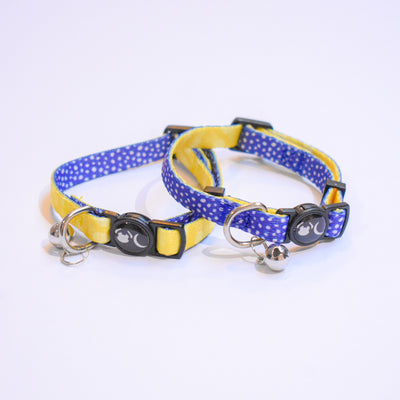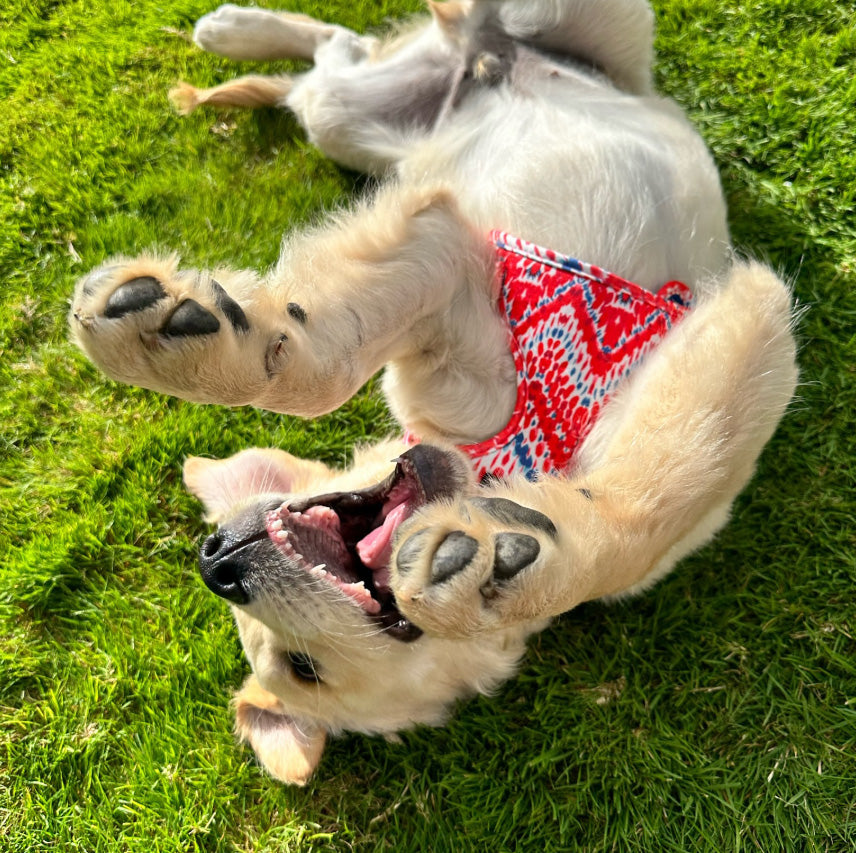Dogs need substantially more rest than humans do. Adult dogs typically sleep between 12 and 14 hours per day, which explains why we often catch them napping.
Research shows that most adult dogs require between eight and 13.5 hours of sleep daily, averaging just under 11 hours. Age plays a crucial role in sleep requirements. A dog's sleep patterns change throughout its life. Senior dogs wake up less often during the night and tend to sleep later in the morning. Dog owners must understand these sleep patterns to keep their pets healthy, happy and well-behaved. Dogs become irritable without proper rest, just like humans after a bad night's sleep.
How much sleep do dogs need by age
Dogs' sleep needs change throughout their lives. Research shows newborn puppies sleep the most, up to 22 hours each day. Eight-week-old puppies need about 20 hours of sleep. Puppies between 10-12 weeks old still need 18-20 hours.
This long sleep time serves a crucial purpose. Puppies' bodies build stronger muscles and develop immune systems while they rest. Their brains also process new information during sleep.
Dogs need less sleep as they grow older. A newer study, published by researchers found 16-week-old puppies sleep about 11.2 hours during the night and take 3.5 hours of daytime naps. The night time hours drops to 10.8 hours when they reach 12 months.
Healthy adult dogs between 1-7 years need 12-14 hours of sleep daily. Larger breeds might need up to 18 hours. They split this time between nighttime rest and daytime naps.
Senior dogs' sleep requirements increase. Most older dogs need 12-15 hours daily, while some might sleep up to 18 hours.
A dog's size determines when it becomes a senior. Large breeds become seniors around 6-7 years, while small breeds don't reach senior status until 10-11 years. Giant breeds like Newfoundlands need more sleep throughout their lives. These dogs might sleep up to 18 hours even in middle age.
What happens when dogs don’t get enough sleep
Dogs without proper sleep rarely behave well. These canines experience the most important behavioural changes when they lack adequate rest, just like their human companions.
Veterinary behaviourist Dr. Katherine Houpt explains, "Sleep deprivation can cause irritability in dogs just as it does in people." This irritability tends to demonstrate itself through increased aggression, excessive barking, destructive behaviour, and heightened anxiety.
Poor sleep impacts a dog's cognitive function. Learning new commands becomes challenging, and they struggle to remember their previous training. Studies reveal that sleep-deprived puppies find it harder to retain new information.
Physical signs show up through bloodshot eyes, lethargy during playtime, and unexpectedly, hyperactivity at odd moments. A dog's immune system can weaken, which makes them more vulnerable to illness.
These warning signs indicate your dog needs more rest:
- Unusual grumpiness or aggression
- Disinterest in activities they normally enjoy
- Excessive yawning during active hours
- Difficulty concentrating during training sessions
Dog owners typically miss these subtle signs and blame other factors instead of sleep deprivation. Notwithstanding that, early detection of sleep issues can prevent serious behavioural problems and help maintain your four-legged friend's optimal health and happiness.
How to help your dog sleep better at home
Your dog needs the right bed to sleep peacefully. Dogs must stretch out completely while sleeping because curled positions might cause joint problems over time. Senior dogs and those with joint pain will benefit from orthopaedic beds, while bolster beds help anxious pets feel secure.
The bed's location matters just as much as its quality. Your dog will sleep better in a quiet corner away from foot traffic and drafts. Research shows that dogs sleep better in familiar spots than new places.
A regular sleep schedule makes a vital difference. The PDSA Animal Wellbeing Report reveals that dogs who sleep less than ten hours each day tend to growl or bite more often.
Physical activity helps your dog sleep soundly. Studies show that dogs who exercised more over three months had substantially better sleep scores than others. Just remember not to play vigorously right before bedtime.
Room temperature affects your dog's comfort level. Keep it between 18-22 degrees Celsius. White noise machines work well to block disturbing sounds for noise-sensitive dogs.
Your dog needs uninterrupted rest. Make sure everyone at home knows not to disturb a sleeping dog. These simple changes will help your furry friend get the restful sleep they need to stay healthy and happy.
Putting the topic to bed
Your dog's sleep needs are vital for their overall wellbeing. Sleep patterns change throughout a dog's life. Puppies need extensive 20-hour sleep while healthy adults need 12-14 hours. Senior dogs need more rest, especially larger breeds that age faster than smaller ones.
Dogs show several behavioural issues when they don't get enough sleep. Your sleep-deprived dog might become irritable and struggle with training. They could also show unusual aggression or anxiety. Their cognitive abilities suffer, which makes it hard for them to follow commands they already know.
The right sleep environment makes a big difference. Your furry friend needs quality rest with the right bed in a quiet spot. Regular routines and proper exercise help too. A comfortable temperature and minimal disruptions lead to better sleep quality.
A well-rested dog learns better, behaves better when walking on a dog lead, and stays healthier. Dogs get grumpy after poor sleep, just like humans do. Your dog's sleep needs should be a priority. It's one of the easiest ways to raise a happy, healthy canine companion. Good sleep can change problematic behaviour into the joyful, balanced temperament we want in our four-legged family members.







